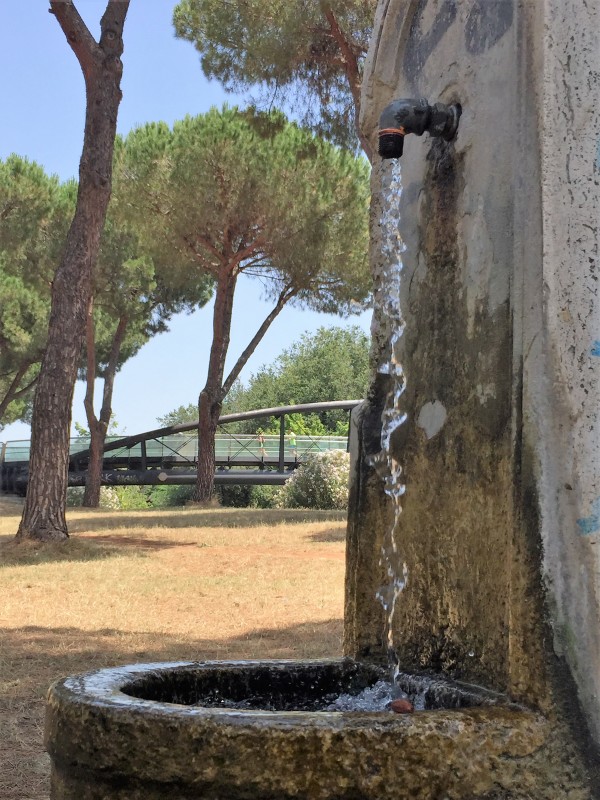Twenty years ago, I was in the Peace Corps in Honduras working on water systems, and one of the biggest lessons from that experience was the conviction that if a community could come together and build their own water system, they could do just about anything. When people in a village or small town can organize themselves to dig many miles of ditches and install pipelines, haul cement, sand and steal up steep hills to build infrastructure, and – hardest of all – get through all the conflicts that erupt about land and water rights, and a multitude of other big and petty issues, then anything else is easy. In the village I lived in, right after the water system was built, they came together and also fixed the school roof and the road.
I didn’t have the words for it then, but now I understand that when done right, building water systems is really about building Social Capital, which some smart fellows at the Global Water Partnership define as:
Social Capital: The relationships and interactions that enable people to resolve problems related to public goods.
Now, the more I understand about water, the more I know that the global water crisis – the degradation and over-exploitation of water sources – is fundamentally a lack of social capital.
In El Salvador, where I live now, when I see women and girls in the coffeelands carrying five-gallon jugs of water on their heads, walking uphill to their homes, I know this is a result of broken social capital more than being about broken pipes or pumps.
Last month, while I was in Rome for a meeting, I was able to go for morning runs through streets and parks that always seem unbelievably old for a guy from the New World. One morning, while running through a massive park hidden in heart of the city, I passed by a water fountain (see photo). Crisp cool water was flowing, and I watched walkers and runners stop to to fill their water bottles. I realized there were a series of these fountains throughout the park. Further on the run, I realized we were only couple hundred yards from parts of the Roman aqueduct. Then it it hit me, these fountains were an extension of the aqueducts the Romans built two thousand years ago!
Somehow, this experience hit me with the same kind of awe as a magnificent part of nature – like seeing a mighty waterfall, or a whale in the ocean.
The roots of humanity’s civilization, anywhere, involves building enough social capital to have the will and means to bring safe water to people. Water is actually the platform where we build the relationships that enable people to resolve problems, and this can go way beyond water.
— Paul Hicks



